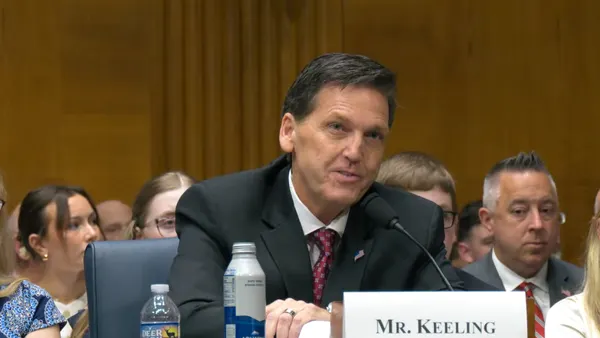Dive Brief:
- A mechanic, maintenance supervisor and Zamboni operator at an Indiana ice rink was fired for his attitude and performance issues, not because of his disability, the 7th U.S. Circuit Court of Appeals recently ruled (Graham v. Arctic Zone Iceplex, LLC, No. 18-3508 (7th Cir. July 23, 2019)).
- James Graham Jr.'s tenure at the ice rink "was not without issues," said the 7th Circuit; it involved customer complaints and an inability to complete tasks on time. When Graham returned to work after several months out following an on-the-job injury, he was assigned to sharpen skates as an accommodation. He did not believe the job met his restrictions but never told his employer. He was later fired the day after he caused a Zamboni accident, the 7th Circuit said. The termination notice listed five reasons for the firing. Graham sued, alleging discrimination under the Americans with Disabilities Act (ADA) and failure to accommodate his disability. The 7th Circuit affirmed a district court's decision to grant summary judgment to the ice rink.
- The 7th Circuit said it was a "textbook example" of an employee not providing enough information to the employer to determine the necessary accommodations because Graham had not informed the employer that the skate sharpening assignment didn't meet his medical restrictions. The 7th Circuit also said Graham failed to produce enough evidence to support an inference that the five stated reasons for his firing were pretextual.
Dive Insight:
The ADA requires employers to provide a reasonable accommodation for an employee's disability, unless the employer would suffer an undue hardship as a result. Once an employee has requested an accommodation, the employer must engage in an informal, interactive process to identify accommodations.
This interactive process is supposed to be an informal process during which employers can work to understand an employee's limitations, consider options and possibly seek outside help from an organization like the Job Accommodation Network. The ADA's regulations acknowledge that it may take some back-and-forth before employers and employees arrive at an effective accommodation. Both the employer and the employee must participate in the process in good faith.
When courts examine failure-to-accommodate claims, they look at who caused the breakdown in the process, Michelle Seldin Silverman, a partner at Morgan Lewis, previously told HR Dive. Courts examine the "back-and-forth" and consider which person made the final offer, she said.
Failure to engage in the interactive process isn't a stand-alone violation under federal law, though it is unlawful in California. However, it can be used as evidence of discrimination, while good-faith engagement in the interactive process can serve as a defense to a discrimination claim.












